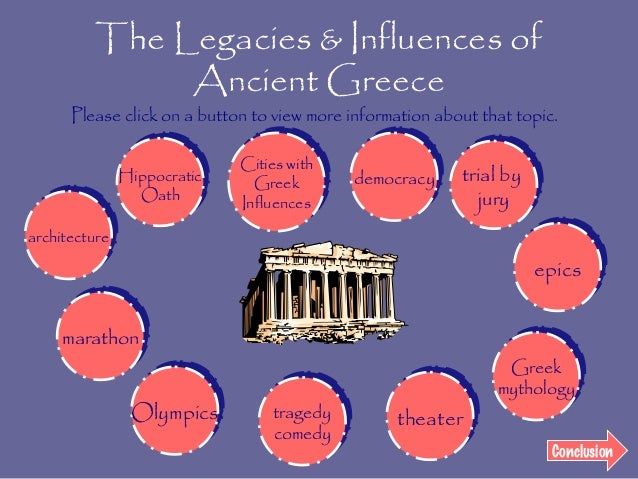
Greek mythology has been captivating audiences for centuries with its epic heroes, dramatic conflicts, and vivid storytelling. These tales of gods and mortals have not only shaped literature, art, and society but also found their way into one of the most popular and immersive forms of entertainment today: video games. With their ability to transport players to richly detailed worlds and allow them to embark on epic quests, video games have embraced the influence of ancient Greek mythology, creating unforgettable gaming experiences. Let’s dive into the world of video games and explore the profound impact that ancient Greek mythology has had on this immersive medium.
The Hero’s Journey: From Achilles to Kratos
Ancient Greek mythology is replete with legendary heroes who embarked on perilous quests, fought mythical creatures, and faced insurmountable challenges. These archetypal heroes and their epic odysseys have inspired countless video game protagonists. From the indomitable Kratos of the “God of War” series, avenging the death of his family and battling gods, to the mighty Spartan warrior, Leonidas, leading his army against the Persians in “300: March to Glory,” video games let players step into the shoes of these iconic heroes, experiencing their legendary quests firsthand.
These games often follow the heroic journey, a narrative structure prevalent in ancient Greek mythology. Players are thrown into a world of gods, nymphs, and monsters, where they must overcome challenges, gain new abilities, and ultimately face off against formidable foes. This narrative structure not only immerses players in the rich tapestry of Greek mythology but also allows them to fulfill their own heroic fantasies.
The Gods Among Us: Deities in Video Games
Ancient Greek mythology is rife with gods and goddesses, each with their unique personas, powers, and realms of influence. Video games have incorporated these divine entities in various ways, allowing players to interact with, fight against, or even become gods themselves.
In games like “Assassin’s Creed Odyssey,” players assume the role of a mythical Greek hero, embarking on a journey that brings them face-to-face with the gods. Enlisting the help of gods like Zeus and Athena, players traverse the sprawling landscapes of ancient Greece, battling mythical creatures and participating in legendary events. This divine intervention not only adds to the immersive experience of the game but also showcases the enduring fascination with Greek mythology.
Furthermore, games like “Hades” bring the gods to life in unexpected ways. Set in the underworld and centered around the protagonist Zagreus, the game features interactions with gods such as Zeus, Poseidon, and Hermes. Each deity grants the player unique abilities, shaping both the narrative and gameplay. The infusion of these divine characters adds another layer of depth to the storytelling and provides a fresh take on the ancient mythologies they represent.
Mythical Beasts and Legendary Encounters
Ancient Greek mythology boasts a plethora of mythical creatures, from the imposing Minotaur to the terrifying Medusa. These creatures have become staples in video games, serving as formidable enemies or awe-inspiring encounters.
In the action-adventure game “God of War,” players battle a wide array of creatures from Greek mythology. From towering cyclopses and deadly sirens to vicious harpies and colossal titans, the game’s mythology-inspired creatures present players with thrilling and visually stunning challenges. This infusion of mythical beasts adds an extra layer of excitement, capturing the essence of ancient Greek myths.
Another example is the widely acclaimed game “Horizon Zero Dawn,” which merges Greek mythology with a post-apocalyptic world. Players face robotic creatures known as “machines,” which draw inspiration from various mythological creatures like the centaur and the griffin. This blending of Greek mythology into a futuristic setting showcases the timelessness and versatility of these traditional tales.
The Power of Ancient Greek Mythology in Modern Entertainment
Ancient Greek mythology’s enduring appeal is a testament to its ability to captivate audiences across centuries and continents. Its influence in video games only serves to highlight the timeless power of these tales, breathing new life into age-old stories and attracting players to immersive gaming experiences.
By incorporating elements like heroes, gods, and creatures from Greek mythology, video games pay homage to these ancient tales while providing players with thrilling and emotionally impactful adventures. With their advanced graphics, intricate storytelling, and engaging gameplay, video games bring the rich tapestry of Greek mythology to life like never before, allowing players to immerse themselves in a world of gods and monsters.
Ancient Greek mythology continues to influence the world of video games, taking players on epic journeys, pitting them against dangerous creatures, and allowing them to interact with powerful gods. As technology advances and storytelling evolves, the legacy of ancient Greek myths will undoubtedly continue to inspire awe and wonder in the gaming universes yet to come.


